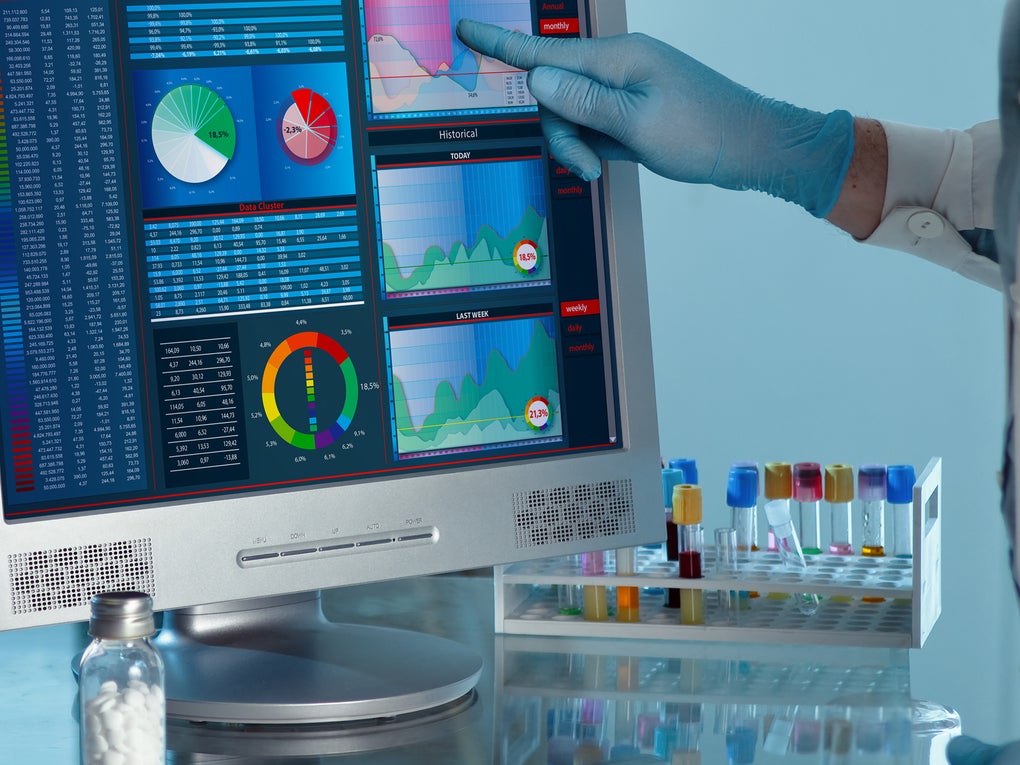

Collaboration is key in the fight against blood cancer
Our cooperation partners include transplant centers, collection centers and donor centers. What makes our CoBi so special is that we store samples and data from healthy stem cell donors and patients. Only very few biobanks offer this. The CoBi samples and data can be used worldwide for research projects dealing with the prevention, diagnosis and treatment of blood cancers. Currently, researchers can access more than 30,000 samples and data that are stored in CoBi. With the help of CoBi, several research projects have already been implemented.
Vision of the Collaborative Biobank
With CoBi, we create long-term resources for future research purposes with the objective of improving and expanding donor selection for hematopoietic stem cell transplants and optimizing patient treatment. With the platform, we also intend to improve the collaboration between all partners in the field of hematopoietic stem cell transplantation.
How it works
At CoBi we collect blood samples from volunteers, both donors and patients. We prepare them in the laboratory and store them under standardized conditions. In addition, the medical- and sample-related data from the participants is stored in an encrypted form in the CoBi database.
Scientists conducting blood cancer research, scientists from academia, governmental institutions and other non-profit organizations can use the CoBi resources.
Scope of use
The collection, processing and storage of blood samples and data is carried out within a usage framework jointly defined by all cooperation partners. The samples and data may only be used to:
- improve the prevention, diagnosis and treatment of blood cancers;
- conduct research projects aimed at improving the outcome of hematopoietic stem cell transplantations; or
- optimize and extend donor selection for allogeneic stem cell transplantation.
Due to the limited amount of available biomaterial, applications for samples require an explicit scientific value listed in the Access Policy.
Visit our CoBi Website
Resources of the Collaborative Biobank
CoBi provides access to samples of (genomic) DNA and health-related relevant data.
Currently we can provide > 30,000 DNA samples including > 2,200 DNA paired patient-donor samples. We also have more than 10,000 blood samples stored*. For the gDNA, we can provide the following quantity: 100, 500 or 1,000 ng in a total of 50 µl.
*Status as of 9/4/2020
Contact
Resources
DKMS
Clinical Trials Unit
Augsburger Straße 3
01309 Dresden
Germany